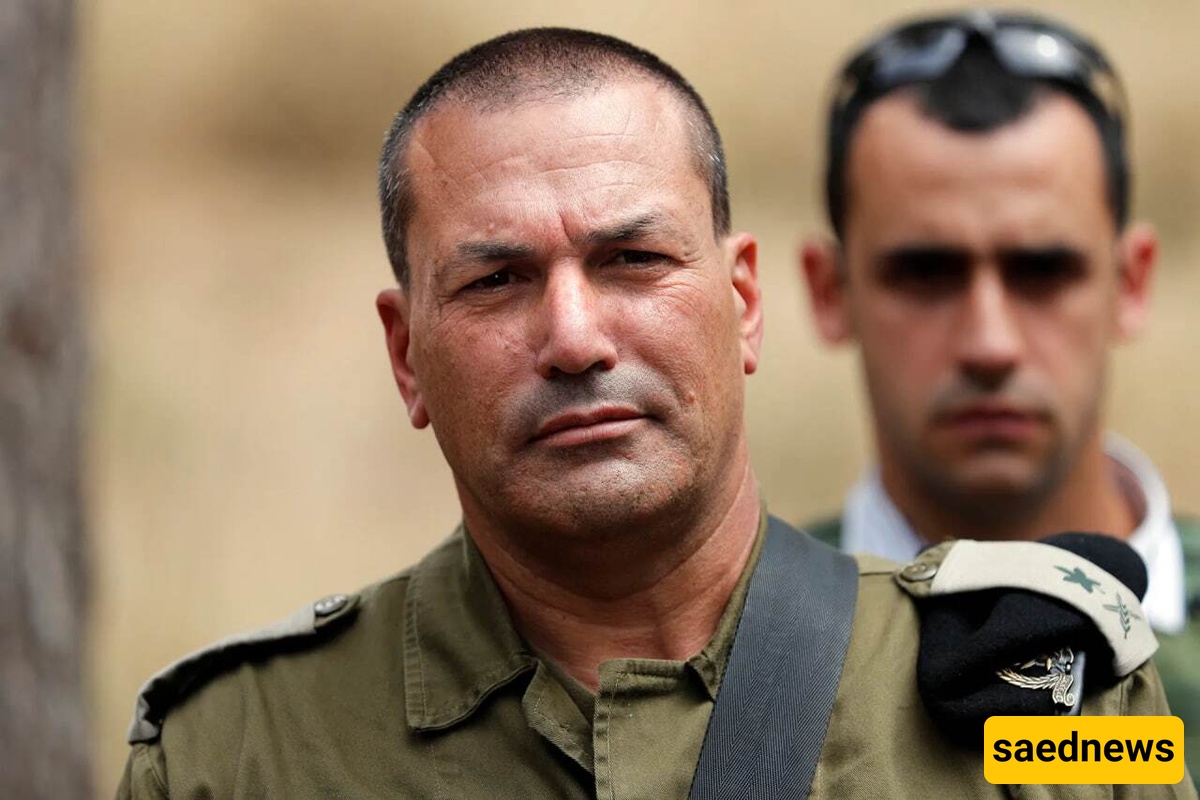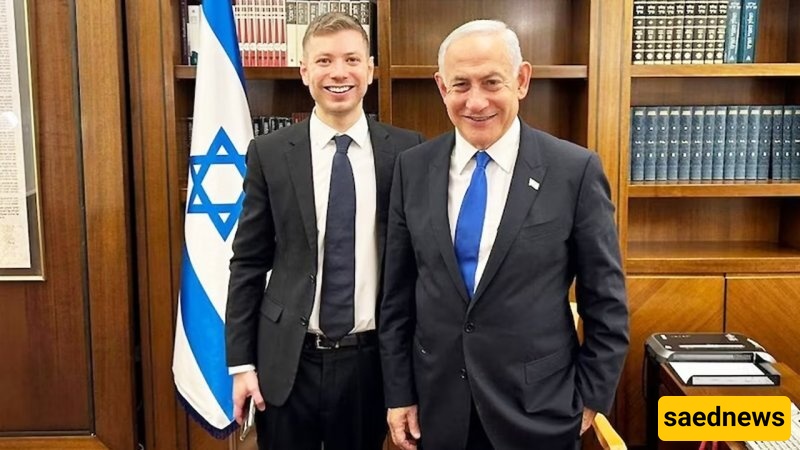SAEDNEWS: Israel’s military chief Eyal Zamir has rejected Prime Minister Netanyahu’s push for a full Gaza occupation, calling it a trap, while Yair Netanyahu escalated tensions by accusing Zamir of plotting a military coup. The Israeli cabinet is set to vote on the controversial plan this Thursday.

According to Saed News, citing Al Arabiya, during Tuesday’s meeting of Israel’s Security Cabinet, Eyal Zamir, the Chief of the Israeli Armed Forces, rejected Prime Minister Benjamin Netanyahu’s plan for the full occupation of Gaza, describing it as “a trap” for the military. Instead, he proposed a gradual advance to avoid endangering the lives of Israeli hostages.
Despite this opposition, Netanyahu continues to push for the occupation of Deir al-Balah, Gaza City, and the central refugee camps of the Gaza Strip. Currently, the Israeli military controls approximately 75% of the Gaza Strip.
General Zamir's stance has added to growing internal rifts, especially after a controversial tweet by Yair Netanyahu — the prime minister’s 34-year-old son — who accused Zamir of orchestrating a military coup. In the tweet, Yair claimed that Zamir’s actions resembled “a mutiny and coup attempt worthy of a 1970s banana republic in Central America.”

The tweet sparked intense reactions and was widely covered by Israeli media. Yair Netanyahu has a history of provocative public statements and conspiratorial claims. Previously, he alleged that Israel’s domestic intelligence agency, Shin Bet, was attempting to overthrow his father’s government.
At the same time, the Israeli military issued a statement asserting its readiness to implement any plan approved by the political-security cabinet.
A final decision on the proposed full occupation of Gaza is expected to be made in Thursday’s upcoming cabinet session.
Meanwhile, former U.S. President Donald Trump commented on the matter, stating that such decisions are for Israel to make, not the United States.
This latest dispute comes amid escalating political tensions within Israel and a series of reported espionage cases inside the Prime Minister’s Office, adding further fuel to speculation and unrest within the country’s security and political institutions.

